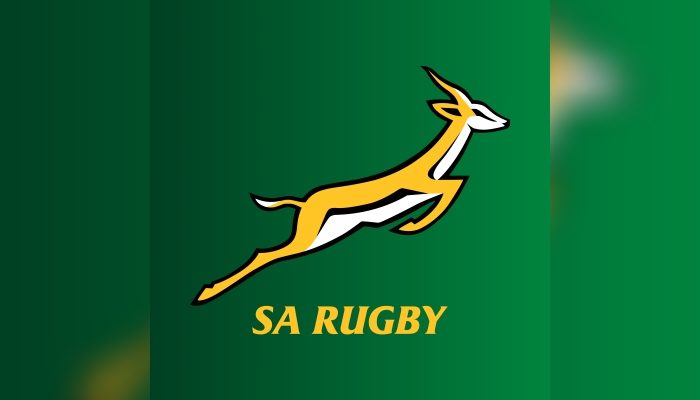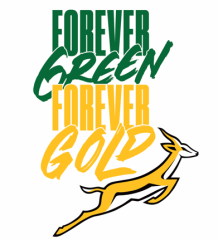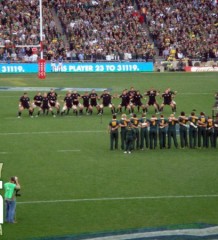Oregan Hoskins steps down as SA Rugby president after “remarkable ten years”
Mr Oregan Hoskins announced on Wednesday that he was stepping down as president of the South African Rugby Union after a decade of service and achievement.
Mr Hoskins advised the membership of SA Rugby at a meeting of the General Council in Johannesburg on Wednesday.
“I have enjoyed a remarkable ten and a half years in one of the most high-profile roles in South African sport and have enjoyed some incredible highs,” said Mr Hoskins. “It has been a pleasure and a privilege and I want to thank everyone involved in South African rugby for the fantastic journey we have shared.
“There have also been plenty of challenges to confront but I wouldn’t have wanted it any other way – it’s an indication of how much our sport matters in this country.
“At the time of my election I never imagined that I would still be here ten years later and I look back with considerable satisfaction over what has been achieved in that time. However, over recent months we have faced tough challenges and had some tough conversations which has made me think about my role and my future.
“Being president of SA Rugby has become a full-time job and with my term due to end in 18 months’ time I decided that, after a decade in the job, it was now time to start the next phase of my career, although I have no firm plans as yet, and allow someone else to take on this important role.”
Mr Hoskins was elected for a two-year term in February 2006, when he opposed incumbent, Brian van Rooyen. He was elected to the executive of the International Rugby Board (IRB) – now World Rugby – in the same year and rose to be vice-chairman of the organisation before opting not to stand for re-election in May this year.
He was re-elected as SA Rugby president one a further three occasions in 2008 (two years) and for four-year terms in 2010 and 2014.
A number of notable landmarks were achieved during his presidency with the winning of the Rugby World Cup in 2007, a series victory over the British & Irish Lions, the Tri-Nations title and Sevens titles – including Commonwealth gold and an Olympic bronze medal at the Olympics. A number of world age group titles were also won.
He also oversaw the expansion of elite playing opportunities for SA players with the addition of two South African teams to the Vodacom Super Rugby competition and he also introduced stability to the national coaching position. Only three Springbok coaches were appointed during his presidency while there were six appointments in the previous decade.
The General Council paid tribute to Mr Hoskins’ contribution to rugby, both domestically and internationally as an office bearer at World Rugby.
He was commended for bringing stability and returning credibility to SA Rugby at a turbulent time in 2006 and for ceaselessly striving for consensus in the game.
Other notable achievements include the amalgamation of the two previous arms of the sport – amateur and professional – into one more efficient entity and the ground-breaking Strategic Transformation Plan.
“In the current global economic climate every business has its challenges and rugby certainly faces those, but I think we can look back with satisfaction on what has been achieved over the past decade,” he said.
“All a player ever wants to do is leave “the jersey” in a better condition than in which they found it, and I hope that my peers will say that of me. I want to say thank you for the opportunity to serve as president of South African rugby and to carry on the good fight in what I regard as the greatest sport in South Africa.
“I think we are a more disciplined, better run and a much more focused sport than we were in 2006. But after ten hard years in the hot seat it’s time for me to hand over to a new person to carry this heavy burden, but wonderful privilege.”
Mr Mark Alexander, deputy president, will act as interim president until an election can be held.
Related Posts
« Premier Interschool Boland Landbou vs Oakdale Springbok Assembly with 400 local kids at Mbombela Stadium »




















